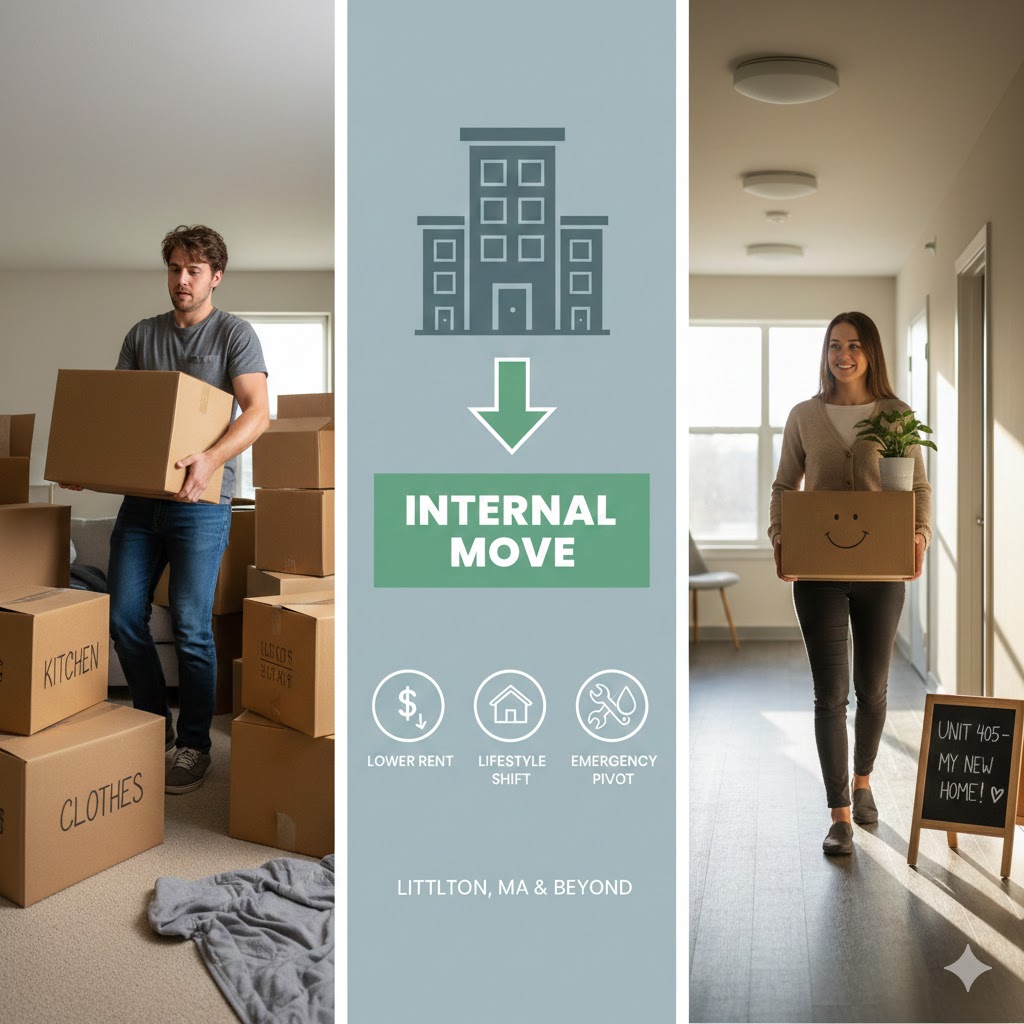The Art of Staying Close and Staying You
Moving closer to family is a choice loaded with emotion, opportunity, and tension. Maybe it’s aging parents, kids who need cousins nearby, or a pull that just won’t quiet down. But as your zip code shifts closer to your roots, so do expectations, dynamics, and the invisible buzz of “always being around.” The challenge isn’t just finding a place—it’s about holding onto your independence without building walls too high to see over. The trick? Start with clarity, add a rhythm, and anchor everything in intention. Here’s how to move close without losing your center—and maybe even gain some grounding in the process.
Look at Lifestyle, Not Just Listings
Forget the perfect porch or the quartz countertops. If you’re moving near family, you’re not just house hunting—you’re habit-mapping. Will your new neighborhood support your independence or slowly blur your autonomy? Before you tour anything, pause to weigh practical lifestyle factors like walkability, community rhythms, and whether the local coffee shop matches your energy or your aunt’s expectations. Living near family can work beautifully if your daily routine supports both access and escape. Don’t just live close—live well, close.
Zoning Isn’t Sexy, But It Matters
You’re not just buying into a block—you’re buying into its future. That quiet cul-de-sac next to your parents? Might not feel so serene once that commercial overlay kicks in. If you want to stay connected without getting swallowed, take the time to read zoning plans ahead of time. It’s not just about avoiding the next mini-mall. It’s about ensuring the place you choose doesn’t turn into a compromise six months later. Independence isn’t only emotional—it’s architectural. Scout for stability in the shadows.
Career Isn’t Selfish, It’s Structure
You didn’t move closer to give up your edge. If anything, being near family can boost your professional life—if you keep your edges intact. That starts by deciding where work ends and home begins. It could be physical—an office with a door. Or temporal—a firm log-off hour. Many who’ve made the move found that when they define clear work hours, everything else falls into place: more peace at dinner, fewer assumptions about your availability, and enough space to still chase your own momentum. Career health isn’t separate from family health—they’re braided together.
Boundaries That Don’t Feel Like Walls
Proximity changes the script. You’ll get drop-ins, “quick favors,” and calendar invites that don’t always ask. Boundaries aren’t about shutting down love—they’re about preserving it. The way you communicate those boundaries matters just as much as setting them. One of the most powerful tools? Learn to speak up with clear “I” statements. “I need Thursday evenings for myself” lands softer than “You always interrupt my time.” Friction fades when people feel respected, not rejected. You’re building bridges, not putting up fences.
Emotional Boundaries Strengthen the Bond
Here’s the part most people miss: boundaries, done well, make relationships better. Not colder—closer. It’s not about distance, it’s about dignity. When you reframe boundaries as self‑respect, they stop feeling like rejection and start sounding like truth. You can say no and still show up with warmth. You can leave early and still love fully. Emotional safety is what lets relationships grow—not constant presence. If you want your family to feel you more, be brave enough to give them the real you, not the overextended one.
Don’t Let the Holidays Wreck the Harmony
The holidays will test every boundary you’ve built. Old patterns sneak in, expectations inflate, and guilt throws on a festive sweater. But tension doesn’t have to win. The key? Anticipation. Before the big meals and group texts, give yourself a moment. Breathe. Reset your pace. To calm tense family moments, you might emotionally prepare before you enter the group swirl. That might mean journaling. It might mean texting a heads-up. It might just be reminding yourself that your pace matters, too. Presence doesn’t mean performance.
Plan for Friction—Including the Unexpected
No matter how well you plan, moving brings curveballs. Leaky faucets, appliance breakdowns, basement floods—especially in older homes near family. If you’re trying to stay grounded while adjusting to proximity, peace of mind matters. That’s where it helps to plan ahead for moving-day risks with something like a homeowner’s warranty (here’s a possible solution). You don’t need one more reason to call Uncle Jim and borrow his toolbox. Protect the relationship by protecting the house. Let the fixes stay about drywall, not drama.
Living near family doesn’t have to mean losing your grip on independence. It can mean more hugs, more laughter, more history—but only if you stay grounded in what you need. The best relationships breathe. They ebb, they flow, they reset. You’re allowed to protect your space, your work, your peace—even as you move toward the people you love. Every conversation, every room, every plan—let it echo with the intention to stay close without collapsing. When you do, proximity becomes power, not pressure.
Experience a stress-free move with Dedicated Moving — where professionalism meets efficiency, ensuring your belongings are handled with care and precision. Get your FREE estimate today!








